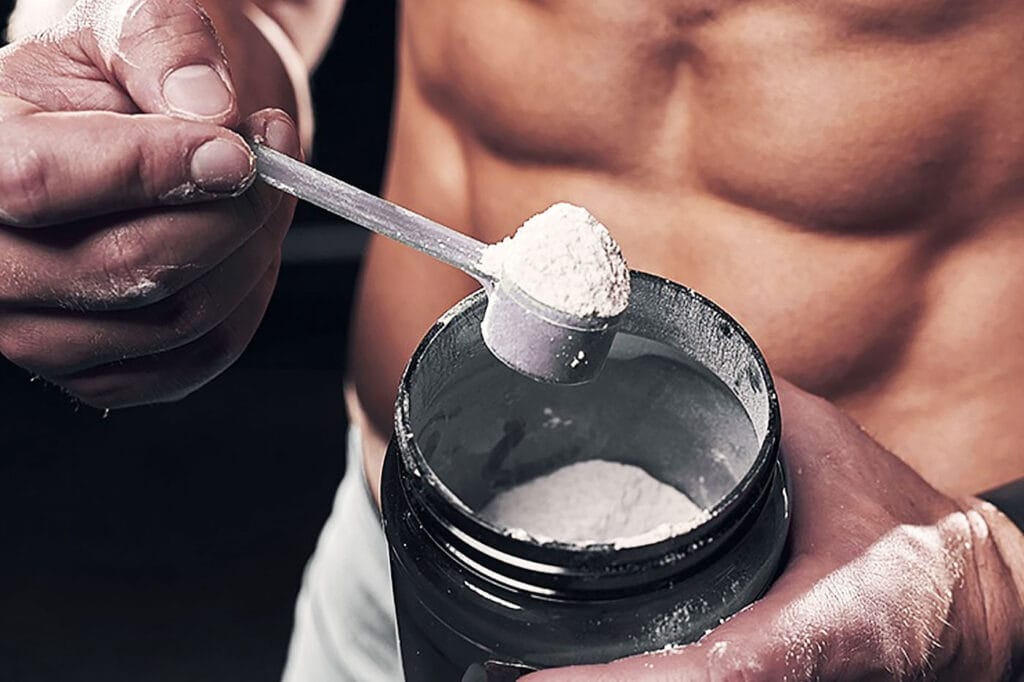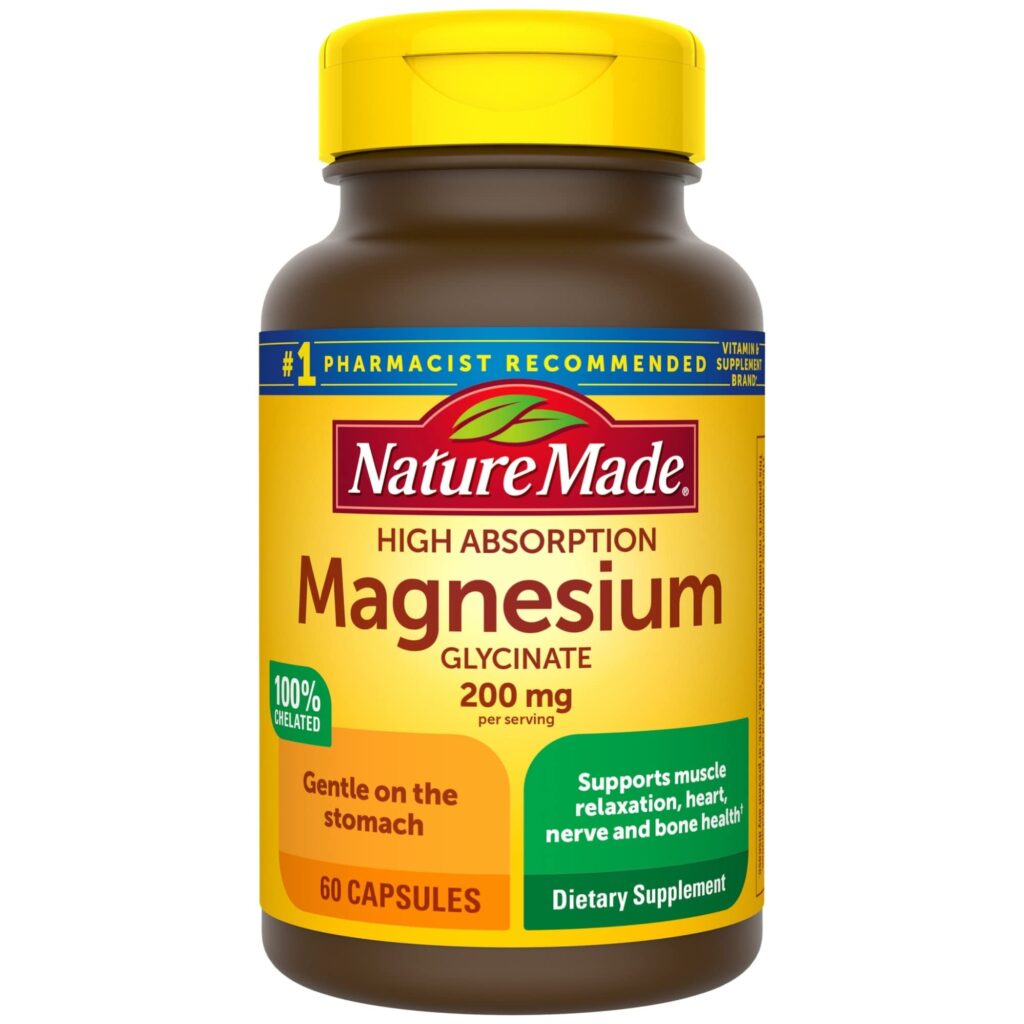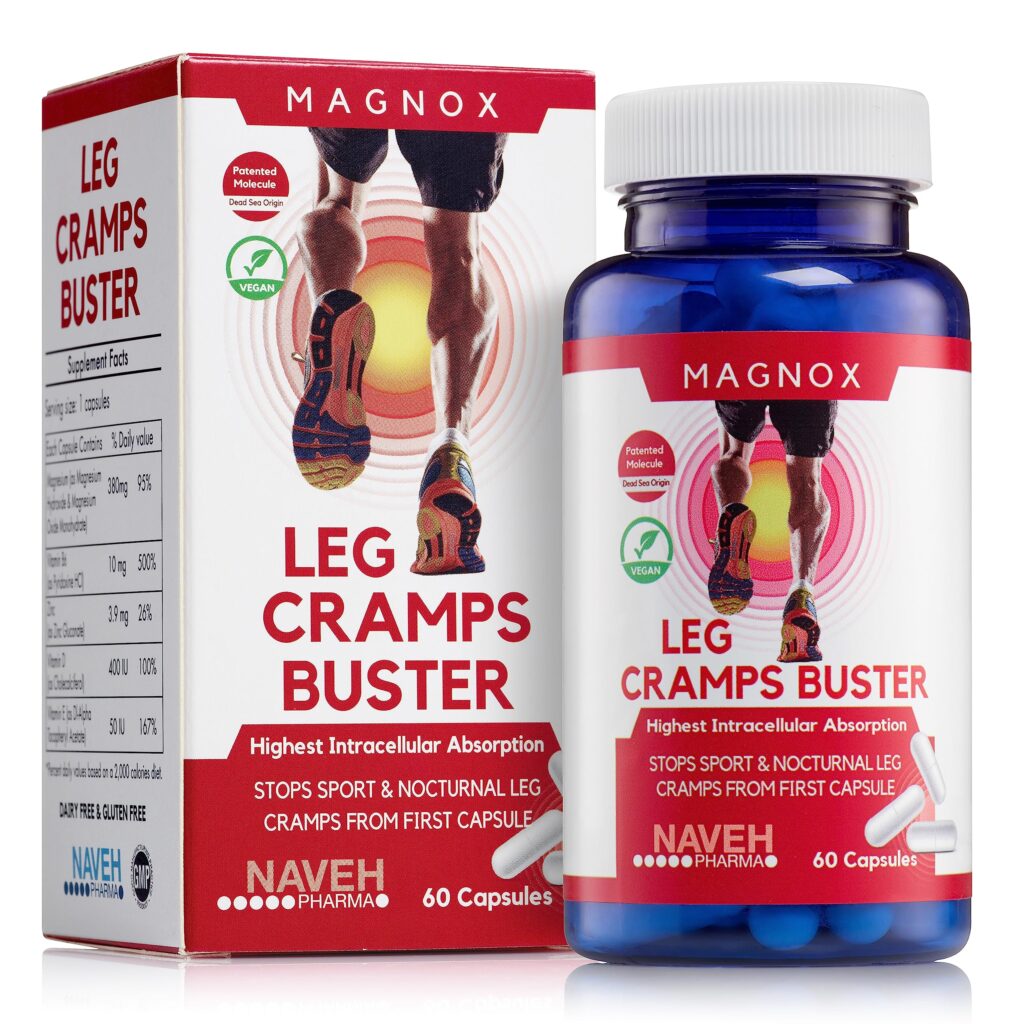Creatine monohydrate may cause side effects such as weight gain, digestive issues, and muscle cramping. Some individuals may also experience dehydration or electrolyte imbalances.
Creatine monohydrate has been a popular supplement among athletes and bodybuilders for decades, revered for its ability to enhance athletic performance and support muscle growth. Despite its widespread use and general safety, some users report experiencing adverse effects. Primarily, these side effects stem from the supplement drawing water into muscles, affecting the body’s fluid balance.
Not everyone will experience issues, and many side effects can be mitigated with proper hydration and dosage. It’s essential to understand that while creatine is naturally occurring in the body and in certain foods, introducing it as a supplement may present a different set of reactions. It’s always advisable to consult a healthcare provider before starting any supplement regimen, especially for those with pre-existing health conditions or those taking medication.

Credit: podtail.com
The Rise Of Creatine Monohydrate
Creatine monohydrate has gained immense popularity amongst athletes and fitness enthusiasts. This supplement has become a staple for many seeking enhanced performance and muscle growth. Creatine serves as a crucial energy source during high-intensity workouts and has a key role in energy production in muscles.
| Benefits of Creatine | Side Effects to Consider |
|---|---|
| Boosts muscular strength | Mild dehydration |
| Enhances energy during workouts | Weight gain |
| Supports muscle recovery | Potential stomach issues |
Regular usage of creatine monohydrate can lead to increased muscle mass. It aids in quicker recovery post-exercise. Yet, users must be aware of the potential side effects. Some people may experience cramping or digestive discomfort. Staying hydrated and consulting with a healthcare provider is advisable for those considering creatine supplements.
Unveiling The Side Effects
Creatine monohydrate, widely used for muscle growth and exercise performance, may cause some unwanted effects. Users often report dehydration and muscle cramping, likely due to increased water retention in muscles.
Upset stomach and nausea are also common, especially when taken without sufficient water. Weight gain may occur, not necessarily from fat, but because muscles hold more water.
Gastrointestinal discomfort may trouble some users. Regarding long-term use, concerns about potential kidney damage and liver problems exist. Heart function and blood sugar levels might be affected as well.
| Side Effect | Details |
| Dehydration | Due to increased water in muscles |
| Stomach Issues | Nausea, cramping and discomfort |
| Weight Gain | Not from fat, but water retention |
| Kidney Concerns | Potential for long-term damage |
| Liver Problems | Although not conclusive, risks remain |
| Heart and Blood Sugar | Possibly affected by long-term use |
Digestive Concerns Linked To Creatine
Creatine monohydrate use may cause digestive issues for some individuals. A common symptom experienced is nausea, which might deter users from continuing its use. Furthermore, stomach discomfort can occur, leaving a feeling of bloating or unease.
Dehydration is another concern, as creatine pulls water into muscles, it may pull too much, leading to imbalance. This imbalance can result in a higher risk of cramping. Thus, ample water intake is crucial to reducing such risks while using creatine. Individuals are recommended to stay well-hydrated and monitor their body’s reaction to the supplement.
Creatine And Kidney Function
Many believe that creatine harms the kidneys. Research shows otherwise. Studies consistently find no direct link between creatine supplementation and kidney damage in healthy adults. Concerns mostly apply to individuals with pre-existing kidney conditions.
Experts suggest that normal doses of creatine do not affect kidney health. Healthy adults can generally use creatine without worry. Critical review of current evidence supports this. Always consider personal health and consult a doctor before starting any supplement.
The Mental Impact Of Creatine Use
Creatine monohydrate is popular among athletes. Yet, it may cause mood swings. Users sometimes report feeling irritable or anxious. Mental well-being could become shaky due to these mood changes.
Research also touches on cognitive function. Some studies suggest that creatine affects the brain. Users might see changes in their ability to think or focus. Not all users will feel these effects. Each person’s experience can be different.
Creatine’s Effect On Weight And Appearance
Creatine monohydrate often leads to weight gain shortly after starting supplementation.
This increase is partly due to extra water that creatine pulls into your muscles.
Many users report feeling bulkier and heavier, which can change how they view their bodies.
It’s important to recognize that these effects are usually temporary and most noticeable during the initial loading phase of creatine.
Interactions With Other Supplements And Medications
Creatine monohydrate can interact with other substances. Care is a must. Athletes should note the risks of mixing substances. Certain medications and supplements react with creatine. This mix can cause undesirable side effects. Regular consultation with a healthcare professional is vital.
Precautions for athletes include thorough research. It’s important to understand which substances conflict. Athletes must check supplement ingredients diligently. Correct dosages are also crucial to reducing risks. Professional advice should guide supplement use. Safety is a priority over performance enhancement.
Making An Informed Choice
Creatine Monohydrate is popular for improving muscle performance. Yet, the decision to use it should not be quick. Risks and benefits must be weighed.
Talking to health experts is vital before taking creatine. Experts know both the good and bad effects. They can guide you based on your health needs.
It’s also smart to listen to athletes who have used creatine. Their stories tell us about real effects. Some may report digestive issues or dehydration. Others might not have side effects.
Your body’s reaction to creatine can be unique. Therefore, choosing whether to include creatine in your regimen should come after thorough evaluation.
Safe Usage Guidelines For Creatine
Creatine monohydrate is a popular supplement among athletes and bodybuilders. It helps to increase muscle size and power. Yet, it’s key to follow safe usage guidelines to avoid negative side effects. Taking the right dosage is essential for positive results.
Experts suggest the ideal amount to consume is 3-5 grams daily. This can help in boosting performance effectively. It’s best to use creatine with a meal for better absorption. Timing is crucial, with many opting to take it close to their workout for maximum benefit.
For some, a cycling approach works well. Use it for 1-3 months, then take a break. This cycle can keep your body’s response to creatine strong. Following these guidelines ensures you make the most of creatine without unwanted effects.

Credit: scitron.com
Alternatives To Creatine Supplementation
Exploring alternatives to creatine supplementation can be vital for those experiencing negative side effects. Common issues include cramps, nausea, and digestion problems, prompting a search for safer muscle-building solutions.
- Beta-alanine – helps fight muscle fatigue.
- Branched-chain amino acids (BCAAs) – aid muscle recovery.
- Whey protein – supports muscle growth.
- Caffeine – boosts energy levels.
Frequently Asked Questions: What Are The Negative Side Effects Of Creatine Monohydrate?
Are There Negatives To Taking Creatine?
Yes, taking creatine may lead to potential negatives such as weight gain, digestive issues, and dehydration. Consult with a health professional before starting supplementation.
What Creatine Does To Your Body?
Creatine increases muscle cells’ energy production, supports muscular strength and size gains, and enhances exercise performance. It may also aid in brain function and reduce fatigue.
What Happens When You Stop Creatine?
Upon stopping creatine, your muscles eventually lose the extra water retention, and creatine levels return to normal within a few weeks. Muscle mass and strength gains remain if you continue to train effectively.
Does Creatine Increase Testosterone?
Creatine does not directly increase testosterone levels. Some studies suggest possible indirect effects on hormones, but the relationship isn’t clear-cut.
Conclusion
Understanding the potential negative side effects of creatine monohydrate is crucial. While it’s lauded for its muscle-building prowess, it’s not without risks. From dehydration to digestive issues, moderation is key. Before adding it to your regimen, consult with a healthcare provider.
Prioritize your well-being as you seek fitness gains.











